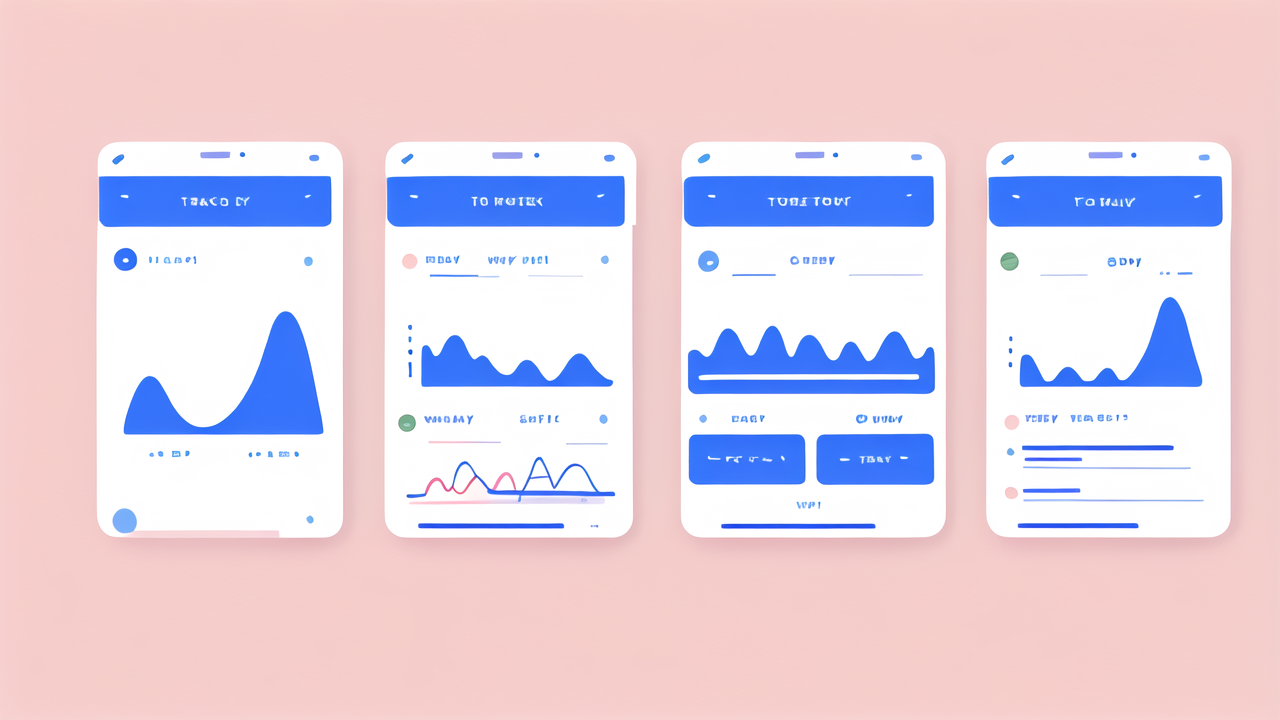Understanding the Importance of Body Measurement Tracking
The Role of Measurement Trackers in Health Management
Body measurement trackers play a vital role in health management. These devices help us monitor our physical stats daily. They provide data on key health indicators like weight, body fat, and muscle mass. This info helps us make informed decisions about our health and fitness goals.

Trackers offer continuous feedback on our progress. They show us trends over time, making it easier to spot changes. This data can motivate us to stick to our health plans. It also allows us to adjust our habits based on real-time info.
Many trackers sync with apps, giving us a clear view of our health journey. They can alert us to potential health issues early on. This early warning system can be crucial for preventing more serious problems.
Key Metrics to Monitor for Optimal Health
When tracking body measurements, several key metrics are important for optimal health:
- Weight: Helps monitor overall body mass changes
- Body Mass Index (BMI): Indicates if weight is in a healthy range
- Body Fat Percentage: Shows the amount of fat in your body
- Muscle Mass: Measures the amount of muscle in your body
- Bone Density: Indicates bone strength and health
- Hydration Levels: Shows if you're properly hydrated
- Metabolic Age: Compares your metabolism to your actual age
- Visceral Fat: Measures fat around vital organs
These metrics give a complete picture of your health status. They help you understand your body composition better. By tracking these, you can set more targeted health goals and track your progress effectively.
Selecting the Right Body Measurement Tracker for You
Criteria for Choosing a Health Tracker
Choosing the right body measurement tracker is crucial for effective health monitoring. Here are some key factors to consider:

- Accuracy: The tracker should provide reliable and consistent measurements
- Metrics Tracked: Ensure it measures the health indicators important to you
- Ease of Use: The device should be simple to operate and understand
- App Integration: Look for trackers that sync with user-friendly apps
- Battery Life: Consider how often you'll need to charge the device
- Design: Choose a tracker that fits your lifestyle and preferences
- Price: Find a balance between features and cost that suits your budget
- Customer Support: Good support can help resolve issues quickly
Consider your specific health goals when choosing a tracker. If you're focused on weight loss, a scale with body fat analysis might be ideal. For overall fitness, a tracker with multiple metrics could be better.
Read reviews and compare features before making a decision. Remember, the best tracker is one you'll use consistently.
Top Body Measurement Trackers on the Market
Several excellent body measurement trackers are available today. Here are some top options:
- Fitbit Aria 2: Offers weight, BMI, and body fat percentage tracking
- Withings Body+: Tracks weight, body composition, and even weather forecasts
- Garmin Index S2: Measures weight, BMI, body fat, and muscle mass
- Eufy Smart Scale P1: Affordable option with 14 measurements
- QardioBase 2: Sleek design with pregnancy mode for expectant mothers
- Renpho Bluetooth Body Fat Scale: Budget-friendly with comprehensive metrics
Each of these trackers has unique features. The Fitbit Aria 2 integrates well with other Fitbit devices. Withings Body+ offers a pregnancy tracker. Garmin Index S2 syncs with Garmin fitness watches.
Choose the tracker that best aligns with your health goals and budget. Remember, consistency in using the tracker is key to seeing results.
Implementing and Utilizing Your Measurement Tracker
Best Practices for Tracking Health Metrics
To get the most out of your body measurement tracker, follow these best practices:

- Consistency is Key: Measure at the same time each day, preferably in the morning
- Proper Placement: Ensure the tracker is on a flat, hard surface for accurate readings
- Minimal Clothing: Wear light clothing or no clothing for more precise measurements
- Stay Hydrated: Maintain consistent hydration levels for accurate body composition data
- Regular Use: Track measurements at least weekly to spot trends
- Be Patient: Body changes take time, so don't get discouraged by daily fluctuations
- Use the App: Take advantage of the tracker's app for detailed analysis and trends
- Set Realistic Goals: Use your data to set achievable health and fitness targets
Remember, tracking is most effective when combined with healthy lifestyle choices. Use your tracker data to guide your diet and exercise decisions. Don't obsess over daily changes; focus on long-term trends instead.
Regularly update your tracker's software for the most accurate readings. If you notice any unusual changes in your metrics, consult a healthcare professional.
Interpreting and Leveraging Health Data for Improved Well-being
Understanding your health data is crucial for improving your well-being. Here's how to interpret and use your tracker's data:
- Look for Patterns: Identify trends in your measurements over time
- Set Benchmarks: Use your initial readings as a starting point for improvement
- Celebrate Small Wins: Acknowledge positive changes, no matter how small
- Adjust Your Strategy: If you're not seeing desired results, modify your approach
- Combine Data: Use your tracker data alongside other health info for a full picture
- Share with Professionals: Discuss your data with healthcare providers for insights
- Use Motivation Features: Many apps have goal-setting and achievement tools
- Connect with Community: Some trackers allow you to join groups for support
Don't get discouraged by temporary setbacks. Bodies naturally fluctuate. Focus on long-term trends and overall health improvements. Use your data to make informed decisions about your diet, exercise, and lifestyle.
Remember, health is more than numbers. While trackers provide valuable data, also consider how you feel overall. Combine tracker insights with listening to your body for the best results.




Leave a comment
This site is protected by hCaptcha and the hCaptcha Privacy Policy and Terms of Service apply.